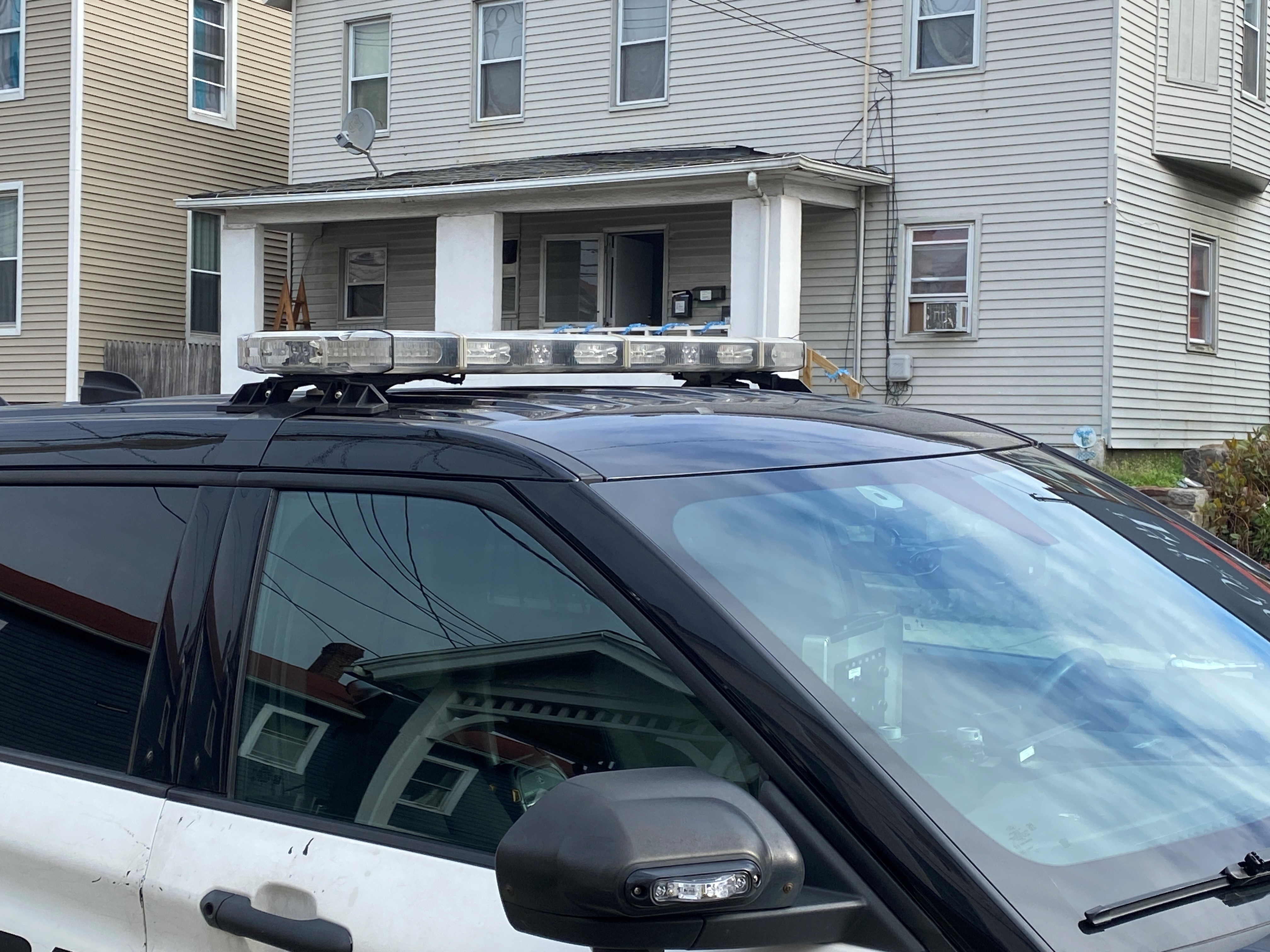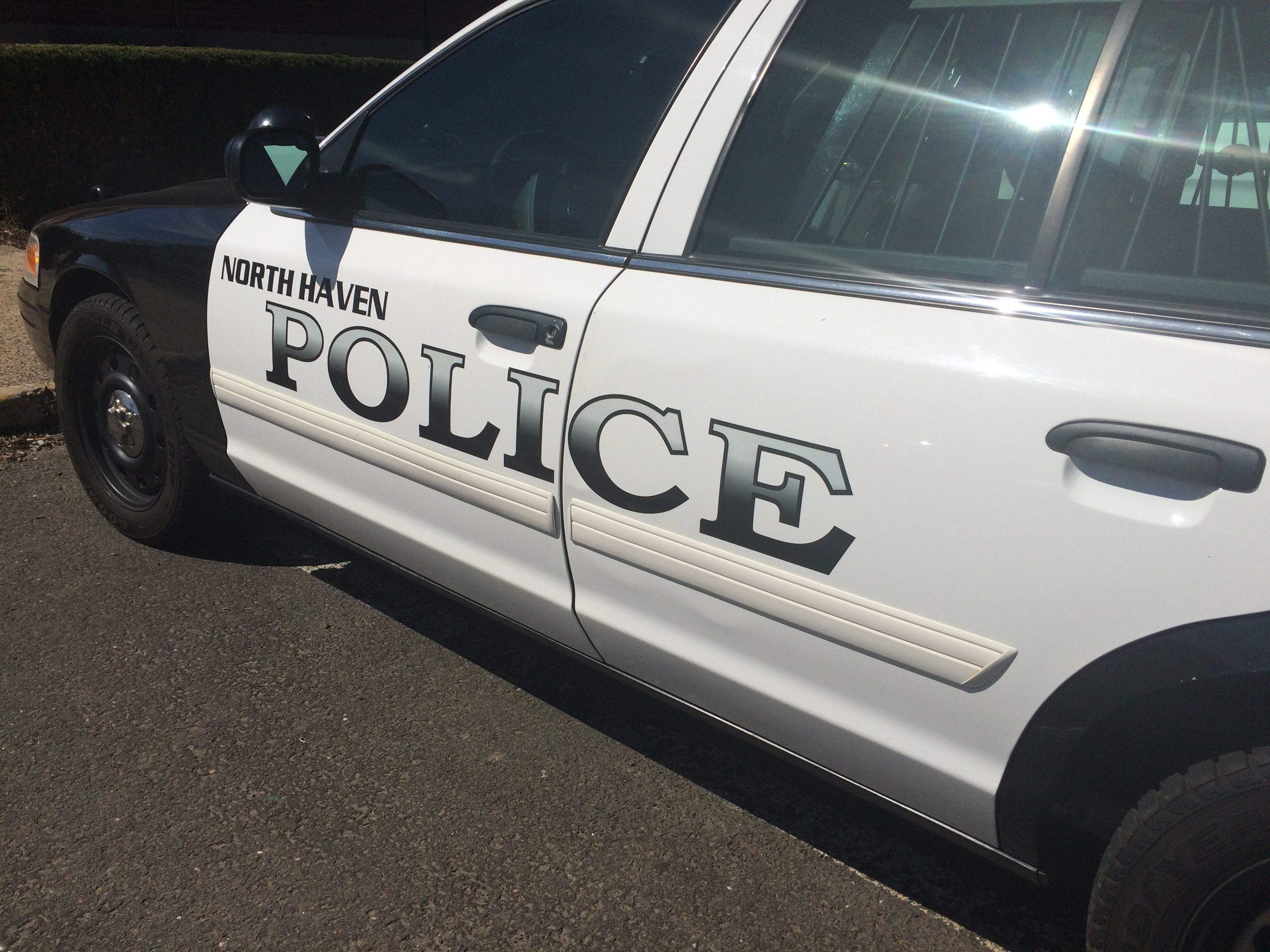As lawmakers debated the merits of increasing the sales tax as a way to send more money to cities and towns, Governor Ned Lamont spent his day discussing 5G internet capability with Google in New Haven.
He was asked about raising the sales tax, and it will take some convincing to get the novice governor on board.
“I’m holding the line on the sales tax rate,” Lamont said, echoing a campaign pledge. “Holding the line on the income tax rate trying to work within the revenues we’ve got there. That said, when it comes to the sales tax I think we’ve got to expand the base a little bit.”
Broadening the base is more than a subtle hint that he will be looking to eliminate sales tax exemptions on goods and services that are not currently subject to the 6.35 percent state sales tax.
Senate President Pro Tem Martin Looney is proposing adding one half of a percent, and then seeing that extra revenue distributed proportionally to cities and towns around Connecticut. His early estimate is that $350 million would be sent to municipalities, which would be on top of the already $5 billion in city and town aid the state has provided in recent years.
When asked about what the message from voters was about taxes, Looney, (D – New Haven), said, “I think the mandate they gave us was to try to find some ways to relieve the property tax and I think doing these in the aggregate would alleviate that.”
Democrats mainly questioned Looney, the top ranking member of the Senate, on some of the details. The only friendly criticism focused on the split of the revenue, and on the modest new cashflow.
Local
Republicans were skeptical in varying ways.
Rep. Joe Polletta didn’t understand why Watertown would receive less money than other small towns, even as residents shop at a major venue like the Brass Mill Center in Waterbury.
“I don’t know the number of merchants that we have or the amount of sales tax we collect, but I can’t imagine it being anywhere near close to the City of Waterbury and then to say that it’s going to get split up based on a formula based on the shopping malls, I almost feel like the negatives outweigh the positives here,” said Polletta, (R – Watertown).
Rep. Holly Cheeseman, a Republican from East Lyme, feared that increasing the sales tax would lead border residents to make purchases in Rhode Island where clothing is not taxed, or in Massachusetts, with a sales tax tenths of a percentage less than Connecticut’s.
“I’m looking for the unintended consequences as we drive people out of the state to do their shopping to avoid their increased tax,” she said.
The concern was also raised regarding the collection of the revenue. If the state is going to allow cities and towns to collect it, to then send it back to the state, what would stop the state from changing that arrangement to collect the tax directly?
Looney said the proposal is a “good faith effort to give them more revenue especially if we leave it at their level to collect, I think it should enhance their confidence even more.”
Connecticut’s sales tax rate is among the lowest in the country, in part because the state does not allow for municipalities or counties, which Connecticut does not have, to levy a local rate in addition to the state rate.
Southern states like Louisiana, Arkansas, and Alabama have effective sales tax rates that approach ten percent in some places.



